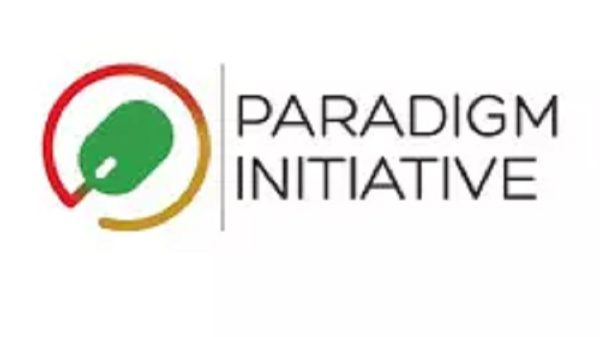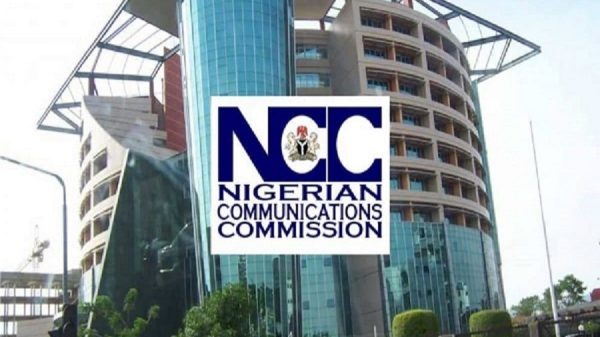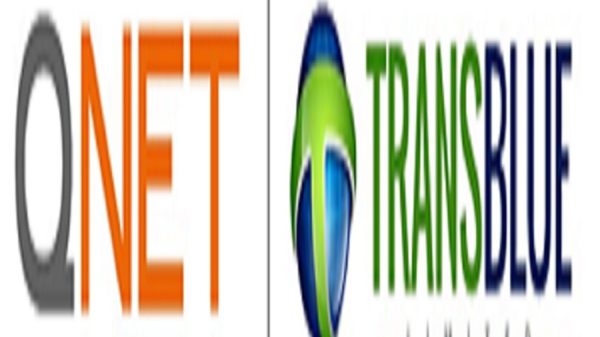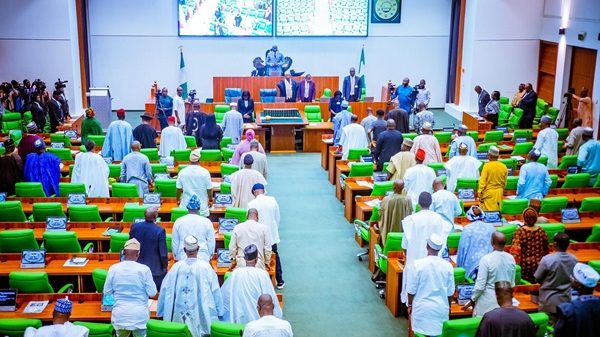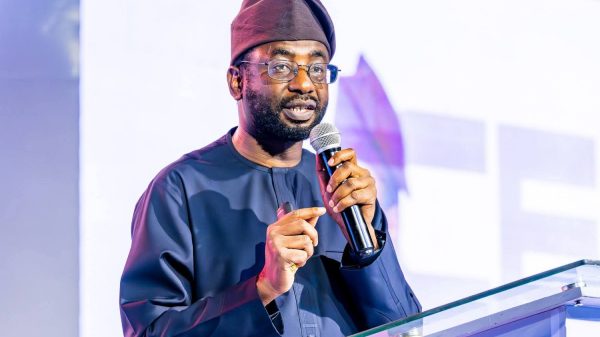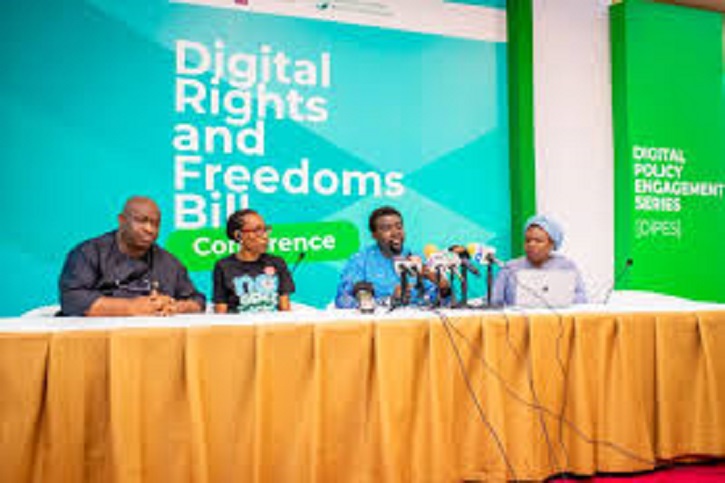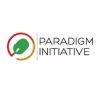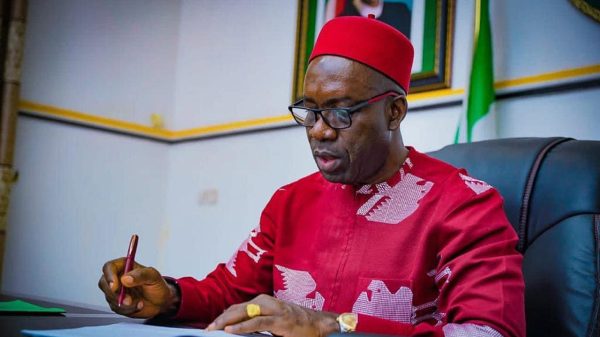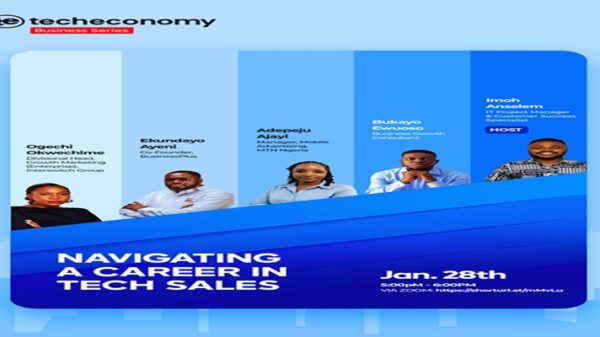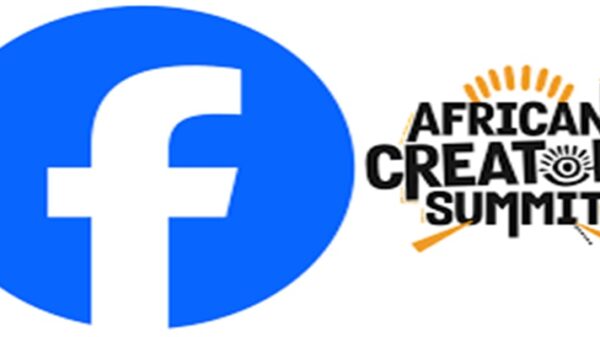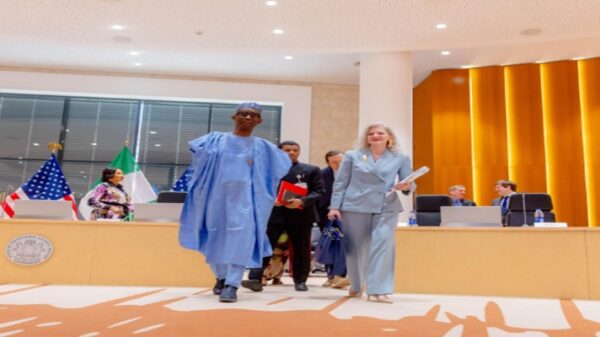Stakeholders in the digital rights and inclusion space now have an opportunity to advocate for the same and shape policy development in the Global South.
This follows today’s call for session proposals by Paradigm Initiative (PIN) for the 2025 Digital Rights and Inclusion Forum (DRIF25) scheduled to be held in Lusaka, Zambia from April 29th to May 1st, 2025.
The session proposals should demonstrate tangible outcomes and be innovative.
Read Also: Mauritius suspends social media until after election amid wiretapping scandal – Ravenewsonline
At the same time, Paradigm Initiative will this time round provide delegates with an opportunity to support Digital Rights and Inclusion efforts by purchasing tickets for the event, which will be held under the theme, “Promoting Digital Ubuntu in Approaches to Technology.”
This new development resonates with the theme that calls for inclusive and collaborative approaches to advancing digital rights and inclusion across the Global South.
It also does not deny delegates the opportunity to register and attend the event for free. More details will be announced at a later date.
Sessions at DRIF25 will include panel sessions, lightning talks, pre-event workshops, exhibitions, launches, world cafe, workshops, tech demos and fireside chats.
They will be covered under the following thematic areas; Artificial Intelligence and Emerging Technologies, Trust and Accountability, Data Protection, Privacy and Cybersecurity, Digital Inclusion and Marginalised Groups, Digital Security, Human Rights and Freedoms.
The proposals should align with the event theme and demonstrate clear outcomes, creativity, and potential for impact.
Thobekile Matimbe, PIN’s Senior Manager, Partnerships and Engagements said in an era where technology profoundly shapes societies, DRIF25 is a call to action for advocates to champion and drive meaningful change in the Global South.
“This platform is not just about conversations but also pioneering solutions that reflect collective accountability and solidarity.
“By contributing to this event, participants lay building blocks for a more inclusive and responsive digital landscape.
“The journey to shape digital rights and foster unity in technological approaches has continued to gain momentum over the years,” she added.
In 2024, the organisation received 245 session proposals and hosted over 80 sessions, an increase from 2023’s 70 sessions. DRIF24 incorporated a blend of panel sessions, launches, tech demos, pre-event workshops, lightning talks and exhibitions under diverse tracks including digital rights, digital inclusion and digital security.
Key among them was the exclusive premiere of PIN’s fourth short film Undersight, and the launch of the organisation’s annual digital rights and inclusion report Londa, and digital toolkits, Ayeta, and Ripoti. The 2023 Londa report presented findings covering 26 African countries.
Every year, Paradigm Initiative (PIN), a leading pan-African non profit organisation works in collaboration with partners to bring together representatives from government, non-governmental organisations, academia, media, funding partners, the United Nations, the technical community, and the private sector within the digital ecosystem.
The event fosters collaboration across sectors, encouraging input from relevant stakeholders.
PIN is partnering with Bloggers of Zambia, Common Cause Zambia, Internews Network Zambia, Zambian Cybersecurity Initiative Foundation (ZCSI), Internet Society Zambia, Zambia Information and Communication Technology Authority (ZICTA) and the Ministry of Technology and Science to host the DRIF25 event.
Since 2013, PIN and partners have successively held 11 DRIF editions, with 2025 being the 12th Edition. In 2024 DRIF was held in Accra, Ghana, attracting 1,044 registered attendees and delegates from 61 countries across the world. In 2023, DRIF which was held in Nairobi, Kenya was attended by 601 participants drawn from 54 countries across the world.
DRIF has grown significantly over the years, evolving into a premier platform for dialogue on digital policy, rights, and inclusion, accommodating views and opinions from civil society, technology companies, government, academia, and other stakeholders.
![]()


